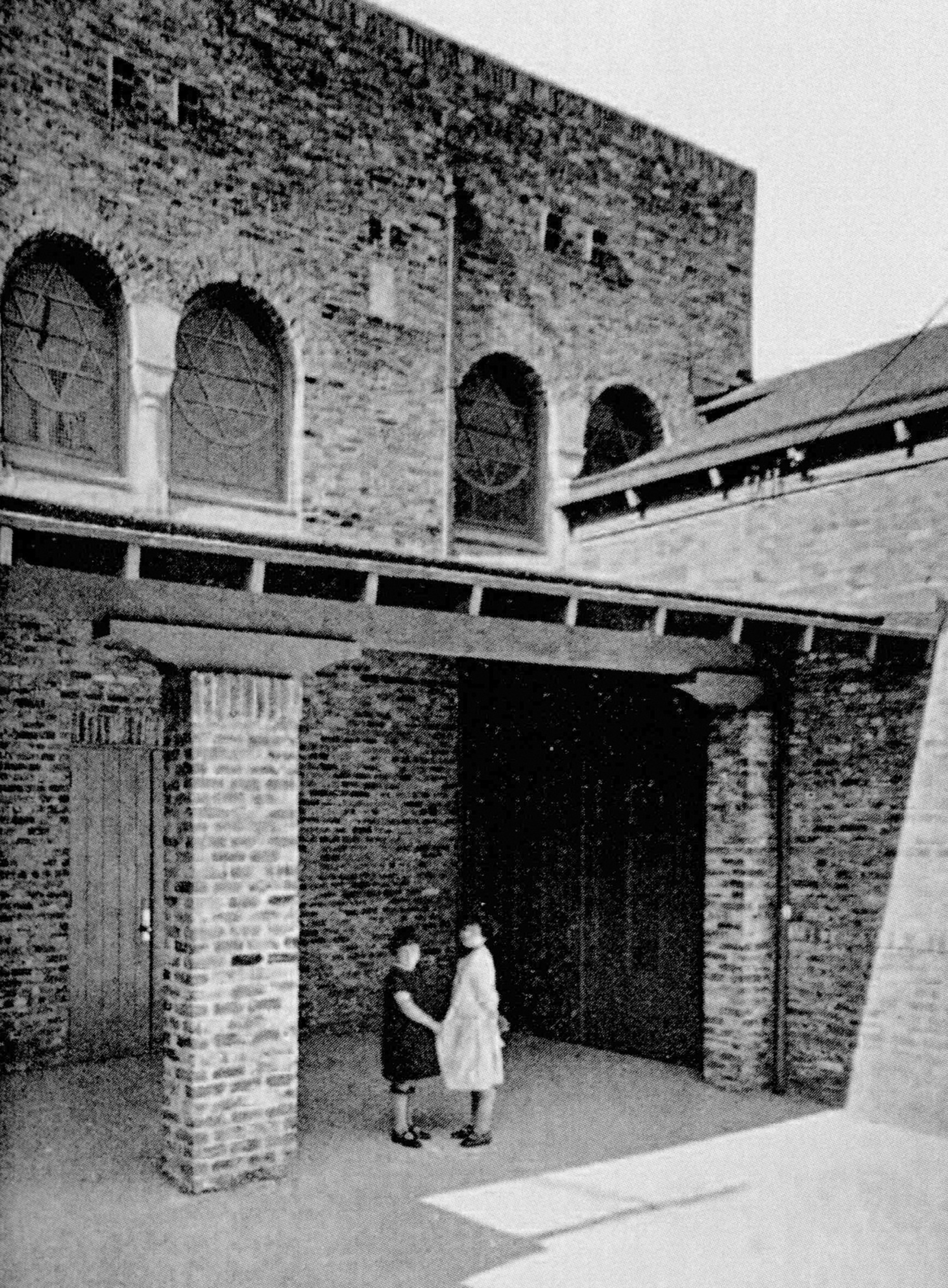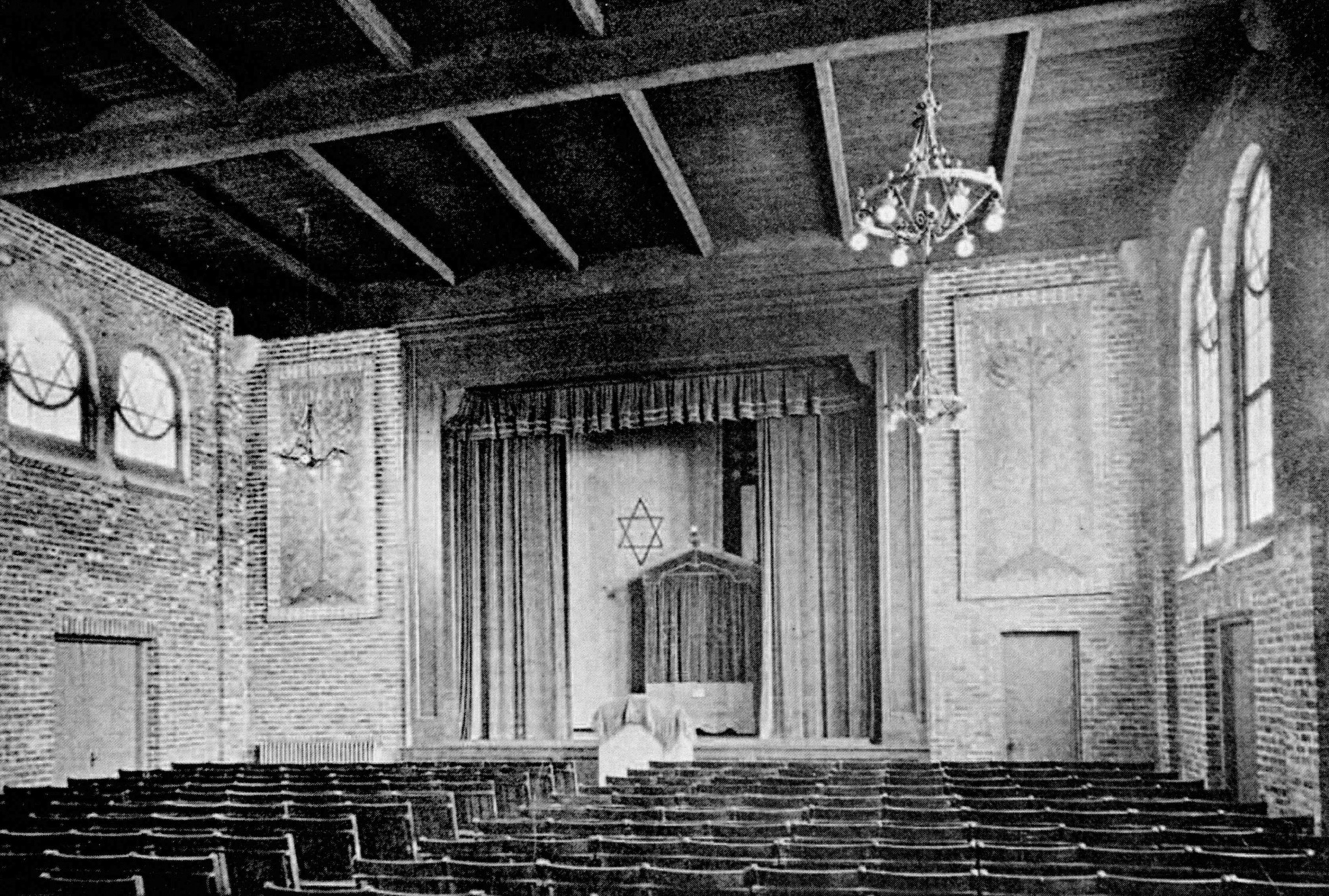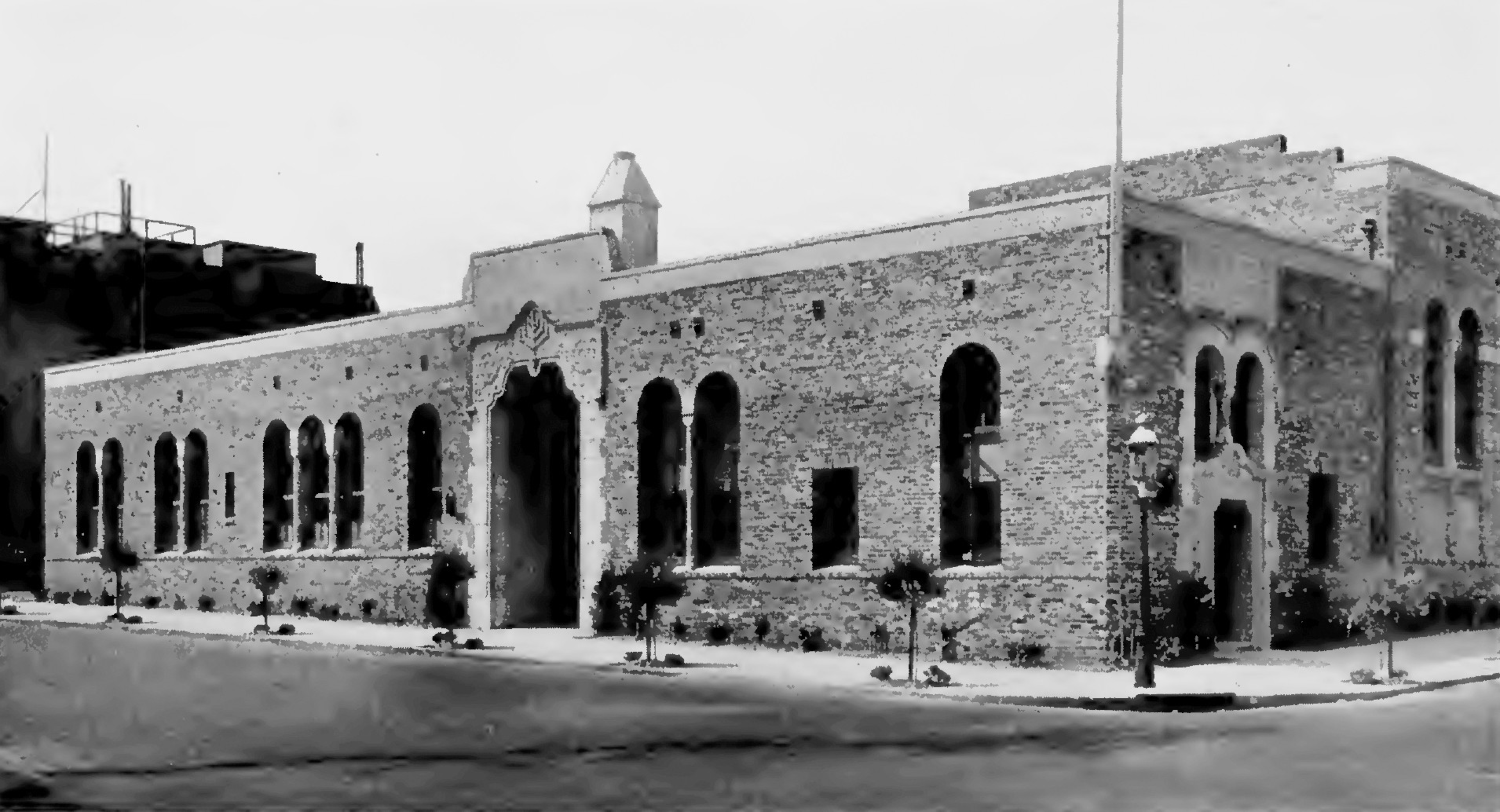San Francisco may not have a Koreatown, but it just got a newly renovated Korean American Cultural Center—and on the eve of the Asia-Pacific Economic Cooperation conference, its sibling leaders are hoping to attract the attention of the global political establishment.
Caulk guns, Husky tool bags and Kelly-Moore paint buckets littered the front lobby of the new San Francisco & Bay Area Korean Community Center (opens in new tab) in Hayes Valley in the Western Addition. Don’t let appearances fool you, though: The center is prepared to greet (opens in new tab) visiting dignitaries and politicians from South Korea and elsewhere as San Francisco is thrust into the center of world affairs next week.
Workers hung a banner Tuesday to welcome South Korean President Yoon Suk Yeol and First Lady Kim Keon-hee to a sparkling Buchanan Street edifice awash with fresh paint and new lighting after a two-year, multimillion-dollar renovation.
The building has a 36-year-long association with the Korean community as a center for education and senior services, and it will continue with these offerings with the goal to expand them (opens in new tab) with opportunities to participate in everything from calligraphy to computer coding, line dance to book clubs.
The project, while massive, was executed on an accelerated timeline. More than half of the $3.6 million required to refurbish it was raised in just the last 11 months, according to Dr. Jonathan Kim. He’s the center’s president, as well as the head of the Jin Duck & Kyung Sik Kim Foundation, which donated $1 million to the project.
The South Korean government donated half a million dollars, with most of the remainder coming from private donations. The foundation is named after Kim’s late parents.
The expansive center includes an education room, offices, kitchen, conference rooms, a main auditorium and a “culture room”—the latter two of which include 10-by-16-foot LED screens that took four people two days to install. Kim and his sister, Soon, the chairwoman of the board, imagine hosting movie nights on these massive screens that would attract both Korean and non-Korean audiences.
“I would love White Christmas,” Soon Kim told The Standard, “for the holidays.”

Not to be confused with the Korean Center Inc. on Post Street in Japantown, the Western Addition center has served as a gathering place for the Korean community center for 36 years and was badly in need of repairs and rejuvenation.
Dr. Jonathan Kim, who is also a dentist and a part-time real estate broker, has a threefold vision: a Korean community center, a senior center and a cultural center that welcomes the non-Korean community. The center will serve not only San Franciscans but all of the Bay Area and Silicon Valley.
The center’s president plans to leverage his deep connections within the community to bring guest speakers like Facebook smart glasses developers, 49ers players—the football team donated several thousand dollars to the center—and local professors. He wants to share Korea’s rich, 5,000-year history with the U.S., inspired by the example of President Yoon, who has encouraged Korean pride and embraced a pro-American foreign policy (opens in new tab).
“A lot of Korean people are hiding,” Kim said. “I’d like to invite them in.”


A formal opening to the public—complete with cake-cutting and a red carpet—will likely need to wait until the new year, said Soon Kim.
The building—today worth $8 to $10 million, according to the center’s president—was originally the site of the Alper Memorial Building, the compact brick structure that housed two significant Jewish cultural institutions when it opened in 1925, the Jewish Educational Society and the Hebrew Free Loan Association.
Remnants of this past were still visible when the Korean community center first took over the space. For 36 years, six Stars of David were visible in the arched windows of the Grove Street side of the building, but they were not kept as part of the renovation.
The building represents a renaissance on multiple levels: for the Korean community, for the corner on which it is located and for San Francisco itself, attempting to portray itself in the best light with the coming of APEC.
This year holds special significance for the Korean community, marking the 120th anniversary of the first Koreans to arrive in the U.S. (opens in new tab) via Hawaii. Many of those migrants ended up in California, Jonathan. Kim said.
“I’m just a little guy,” he said. “But I’m supporting what the Korean president is doing globally, locally.”
